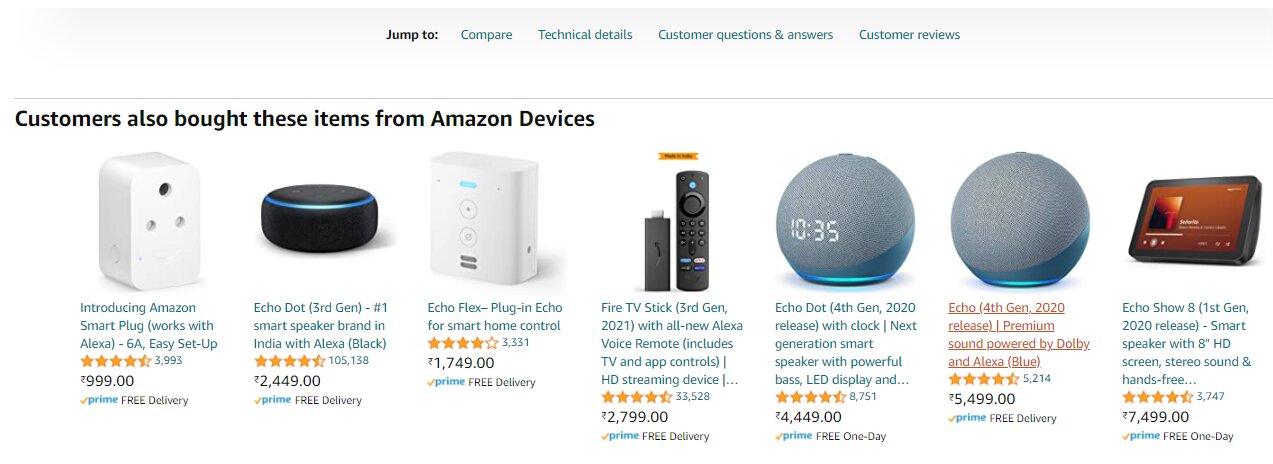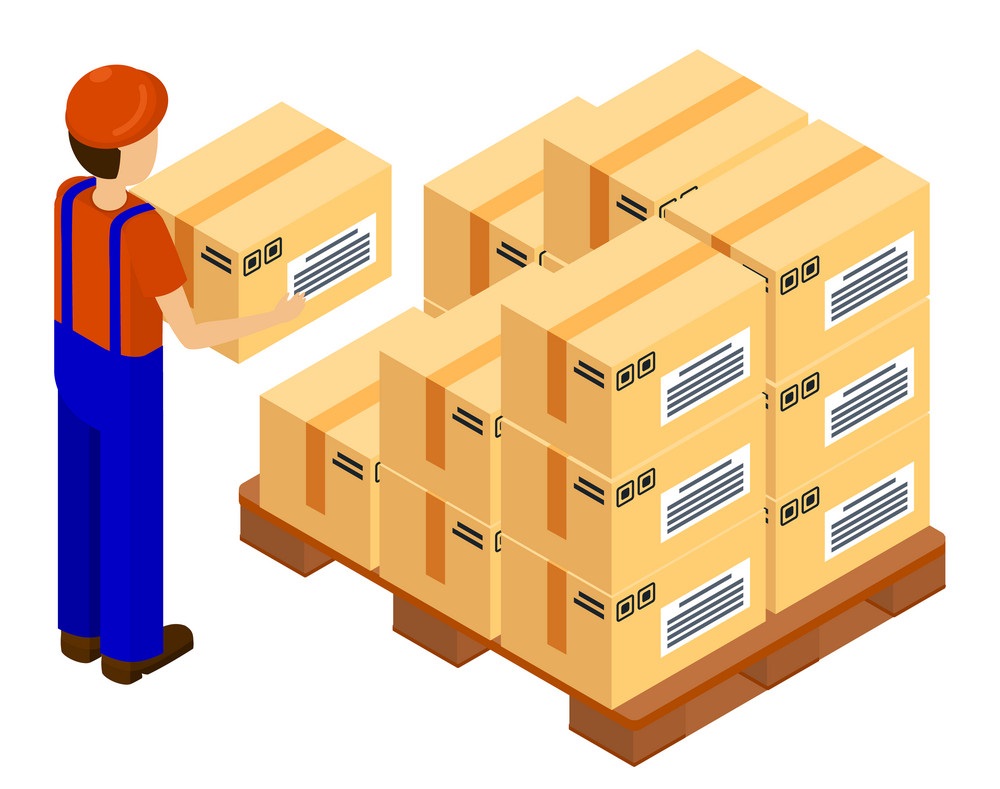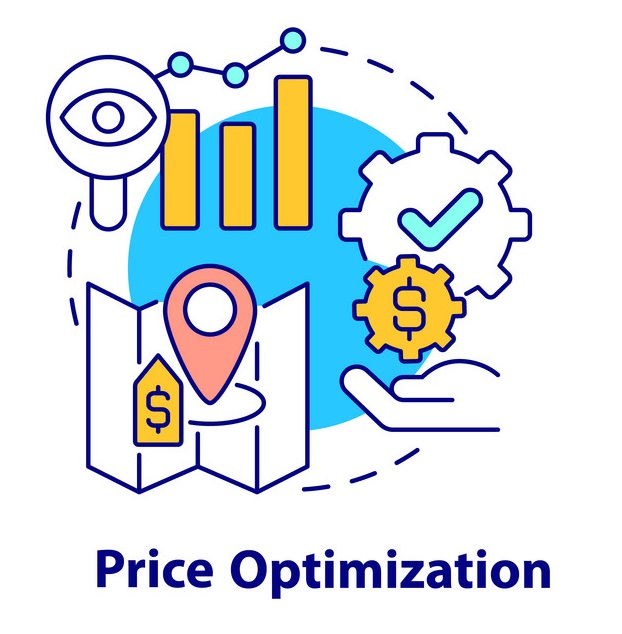How is Machine Learning Used In Retail Sector?
Machine Learning in retail is used to automate and optimize tasks. It helps to make retail processes consistent and accurate. In this article, we will talk about the importance of machine learning in business and how to implement machine learning in retail.
Every organization wants to increase its sales and improve its relationship with customers. To stand out from the competition, machine learning has helped will make it possible. Machine Learning has its applications in every industry and retail is no exception.
To learn about machine learning, read our blog – What is machine learning?
Content
How Machine Learning Is Helping Retail Businesses?
Before, there wasn’t much that companies could do to collect customer data. But now, we have technologies like big data that have turned the tables for businesses. Big data defines each new strategic move in relation to the customer, the product, and the market. The benefits of Machine Learning for retail are endless. The cost of introducing this solution to businesses is affordable. ML assists in offering a more personalized experience to the customers. ML algorithms analyze customer data and offer useful insights to businesses.
Below are some of the benefits of implementing machine learning in retail.
Must Explore – Machine Learning Courses
Best-suited Artificial Intelligence courses for you
Learn Artificial Intelligence with these high-rated online courses
Better Product Recommendations
Both e-commerce and retail companies are data-dependent. They have seen a boost in sales by implementing recommender systems. A recommendation engine is a data-filtering tool that uses ML algorithms. It helps to recommend customized and relevant items to customers and ensure a better customer experience. Recommendations also improve the quality of searches by the user. They allow users to access the content they may like, or throw them offers they might like to splurge on. Companies are now sending exclusive and customized emails to their customers.
I tried searching for a device from Amazon. The recommendation systems picked the keywords from the search and suggested related products.
Stock Prediction and Logistic Support
Retail companies use ML algorithms and deep learning systems for stock prediction. This prediction helps businesses maintain a healthy inventory. These systems collect different aspects of products records, such as-
- Imports and exports
- Time ranges like special days and festivals
- Sales history
- Location
- Trends
- Promotions
- Consumer segmentation
Retail systems also calculate the sales performance of products. They inform retailers to either restock the product or get it later. The application of machine learning in retail helps retailers devise effective sales strategies.
Must Read – Top 10 Machine Learning Algorithms for Beginners
Pricing Optimization
Determining the cost of products has always been a challenge for retailers globally. Pricing systems help retailers to determine –
- The initial price
- The best price
- The discount price
- The promotional price
While considering factors like –
- Market conditions
- Competition
- Weather
- Special occasions
- Macroeconomic variables
- Operating costs
- Warehouse inventory
The process of pricing optimization involves algorithms learning from historical and competitive data. This machine learning system analyzes variables like pricing and traffic. After training completes, the algorithms make pricing predictions.
Demand Forecasting
Demand forecasting is an interesting use case of machine learning. Machine learning algorithms and deep learning systems use huge datasets over time. These systems predict the trends and potential changes by analyzing the below determinants –
- Cost of the product
- Income of customers
- Prices of complementary products
- Buying preferences of customers
- Expectations of customers
Demand forecasting allows retailers to plan for the next cycle.
You May Like – Artificial Intelligence and Machine Learning – Differences, Similarities, and Applications
Advanced Marketing Strategies
Consumer insights allow you to adapt marketing strategies as per changing market conditions. Using advanced marketing strategies, retailers can now –
- Insure themselves against any unlikely events or surprises
- Assess which marketing activity gives the best results
- Develop individual marketing approaches
Improved Customer Service
ML offers benefits like fraud prevention, improved delivery, price optimization, and customized offers. Chatbots and virtual fitting rooms provide a more convenient option to the customers. This is all about customer service, the level of which is rising.
Considering the above benefits, it is certain that retail can benefit a lot through ML implementation. Apart from increased sales, the strengthening of loyalty, and high-quality customer service, ML has a lot to offer.
How to Apply Machine Learning in Retail Business?
You can try the below steps to incorporate machine learning into your retail business –
-
Identify Which Processes can be ML-Enabled
Before you incorporate ML into your applications, study your internal processes and check –
- How machine learning can help you reach the end goal?
- Which processes are human-intensive and repeatable?
- Is there any process that needs humans to review the humongous volumes of data?
-
Use Supervised Machine Learning
Supervised Machine Learning makes predictions from historical data. Supervised Machine Learning allows you to –
- Predict demand in a defined time range
- Predict customer analytics
- Detect transactional frauds, if any
- Predict cancellations of products
- Prevent defaults payments
-
Focus on Data Collection and Feature Extraction
Data Collection and Feature Extraction are important elements of machine learning. You need to have a defined practice to store data in a database for better data analysis and management.
-
Find the Best ML Model
Now that you have the training data, you need to test different models to find the best model. The choice of ML model will depend on the type of target that you want to predict. Verify the accuracy of the model before implementing it.
-
Measure the Return of Investments
It is important to measure the ROI before ML implementation in your retail business. One possible KPI to determine ROI is the average spend and retention rate for different customer segments.
Conclusion
Information from sales history allows retailers to offer personalized services to customers. A returning customer is a happy customer. Chances of their returning go multifold when they get the right products.
Machine learning allows advanced systems to transform data promotion by automating operational tasks. Machine learning plays a crucial role in offering a competitive advantage to retailers.
Incorporating machine learning in the retail business is the need of the hour. Machine learning allows retailers to capture buyers’ data with accuracy. The use of ML in retail not improves sales but also helps to make informed business decisions.
Recently completed any professional course/certification from the market? Tell us what liked or disliked in the course for more curated content.
Click here to submit its review with Shiksha Online.

Rashmi is a postgraduate in Biotechnology with a flair for research-oriented work and has an experience of over 13 years in content creation and social media handling. She has a diversified writing portfolio and aim... Read Full Bio






